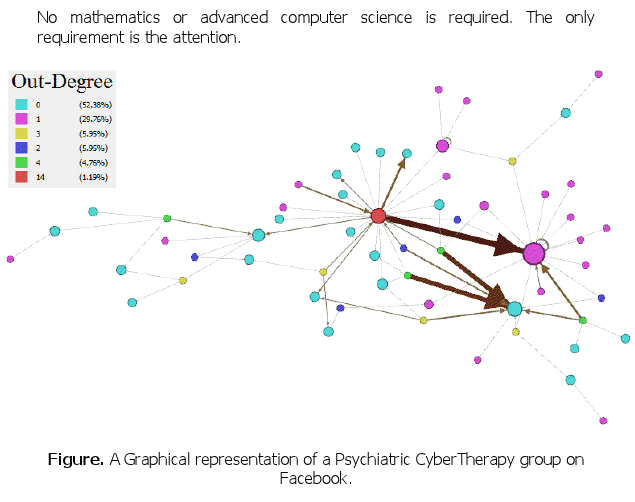|
Pre-Conference Workshops
Workshops will focus on data driven material that is representative of
the current state of research and knowledge in that field. They include a
familiarization with specific specialty areas, an in-depth discussion with
leading experts in their specialty areas and a hands-on experience in most
tutorials.
30 June, All Day
Workshop 1 - Electronic Health Coaching
Willem-Paul Brinkman, Delft University of Technology, The Netherlands
Claudia Pagliari, The University of Edinburgh, UK
This workshop will investigate computerized coaching applications that
support health assessment, therapy, lifestyle changes etc. eCoaches are
intelligent computer agents implemented in mobile apps, on websites, or
as standalone applications that provide mental coaching to promote health,
well-being and the prevention of illness. Researchers, developers and health
professionals will participate in this workshop by presenting and discussing
their latest work, with a focus on elements such as clinical, cognitive,
emotional and ergonomic aspects on issues as acceptance, motivation, trust,
adherence, usage, experience of eCoaches, but also effective ways to design
and evaluated them. The main objective of the workshop is to strengthen
this growing community within this research area, thereby allowing a lively
exchange of ideas with the aim of supporting the research of the workshop
members, as well as working towards the publication of a special journal
issue.
This full day workshop is only open to authors of accepted position papers
for this workshop. Therefore, to participate in the workshop, please submit a
position paper with your ideas, work or demo description. The paper may be
up to 4 pages long. Submissions should be send to w.p.brinkman@tudelft.nl
before 28 April 2013. For more details please check the workshop website
(http://mmi.tudelft.nl/ecoaching). Please note that the submissions to this
workshop are independent from everything related to the host conference.
30 June, Morning
Workshop 2 - Using Virtual Reality in The Treatment of Generalized Anxiety Disorders and Obsessive-Compulsive Disorder
Stéphane Bouchard, Université du Québec en Outaouais, Canada
TBA
The use of virtual reality (VR) in the treatment of anxiety disorders has
evolved from specific phobias to complex anxiety disorders such as post-
traumatic stress disorder and social anxiety disorder. VR environments are
now available to treat two new disorders, generalized anxiety disorders
(GAD) and obsessive-compulsive disorder (OCD). For GAD, VR can be used
either to practice stress management skills with biofeedback or to conduct
exposure to fear-inducing scenarios. Exposure is also the main focus of the
VR environments for OCD. This practical workshop will briefly survey the
existing studies on VR for GAD and OCD, and teach how to use some of these
virtual environments with patients.
30 June, Afternoon
Workshop 3 - Social Networks and Health Care
Pietro Cipresso, Istituto Auxlogico Italiano, Italy
Carlo Galimberti, Università Cattolica del Sacro Cuore di Milano, Italy
Social networking sites (SNSs) such as Facebook, Linkedin, Google+,
and Twitter are becoming more and more relevant in many aspects of
communication, interaction, human behavior, and even personality. SNSs are
also becoming prominent in Health Care.
In particular, SNSs allow patients to make visible and available their opinions,
problems, experiences and their social network too. From this perspective
SNSs could be defined as web-based services that enable users (1) to create
a personal profile with different privacy level, (2) to structure a list of other
users with whom they share a connection and (3) to view and analyze their
behavior within the system and their list of connections.
More everyday-life relationships and social networking through mediated
interfaces, like SNSs are becoming strictly connected. However a big
methodological gap still exists between psychology research on SNSs and
their analytical exploration.
SNSs, such as Facebook, can be represented mathematically in order
to understand their evolution, dynamical processes, diffusion over the
network structures, and many other issues. Thus, it is possible to create
a mathematical model (a matrix) containing the relationship that we
want to study (e.g. friendship in Facebook), and consequently analyze
this matrix to understand, through well-known indexes, important
characteristics of the studied network, such as centrality analyzed
with "Betweenness", "Closeness", and "Degree" measures.
Aim of the Workshop is to provide simple tools to extract, understand and
manipulate networks complexity, gaining more insights through a deeper
comprehension of the represented social phenomena. Many examples and
practical sessions will be experienced during the workshop. A large set of
materials and a dedicated website including videos and tutorials complete the
course.
No mathematics or advanced computer science is required. The only
requirement is the attention.

|

